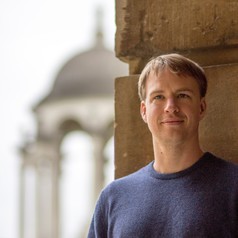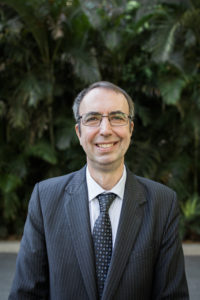In the fascinating space of germline gene editing, we consider how our ability to manipulate genes may give us the ability to eradicate disease, improve lives, and call into question what it is to be ‘human’. With the ability to use technologies like CRISPR to alter the genetic code, what are we ethically obligated to do in order to improve the health of humanity? What are the dangers of this powerful technology, and what are the ethical conundrums it forces us to question as a society? Join this symposium to hear a panel discussion of the scientific and ethical implications of rewriting the genetic code.
Speakers:
 Dr Christopher Gyngell
Dr Christopher Gyngell
Christopher Gyngell is a Senior Research Fellow in Biomedical Ethics at the University of Melbourne and the Murdoch Childrens Research Institute, with research interests in the ethical implications of biotechnology. Dr Gyngell has completed a Master’s degree in Applied Ethics, an Honours degree in Genetics, and was awarded a PhD in Philosophy at ANU in 2015. He was also a Marie Sklodowska-Curie Fellow at the University of Oxford, where he led a project titled “Selecting, Creating, and Modifying Embryos”, investigating the ethical and legal implications of CRISPR and gene editing.
 Professor Merlin Crossley
Professor Merlin Crossley
Merlin Crossley is the Deputy Vice-Chancellor (Academic) at UNSW Sydney and a Professor of Molecular Biology. He has also worked or studied at the Universities of Melbourne, Oxford, Harvard and Sydney. He has been recognized by numerous awards, including a Rhodes Scholarship and the Australian Academy of Science’s Gottschalk Medal, and has made significant contributions to academic administration, serving as Dean at UNSW since 2010, and previously having been Acting Deputy Vice-Chancellor Research at the University of Sydney from 2006 to 2008. He is also an enthusiastic teacher and science communicator who contributes frequently to articles on science, education, and policy.
